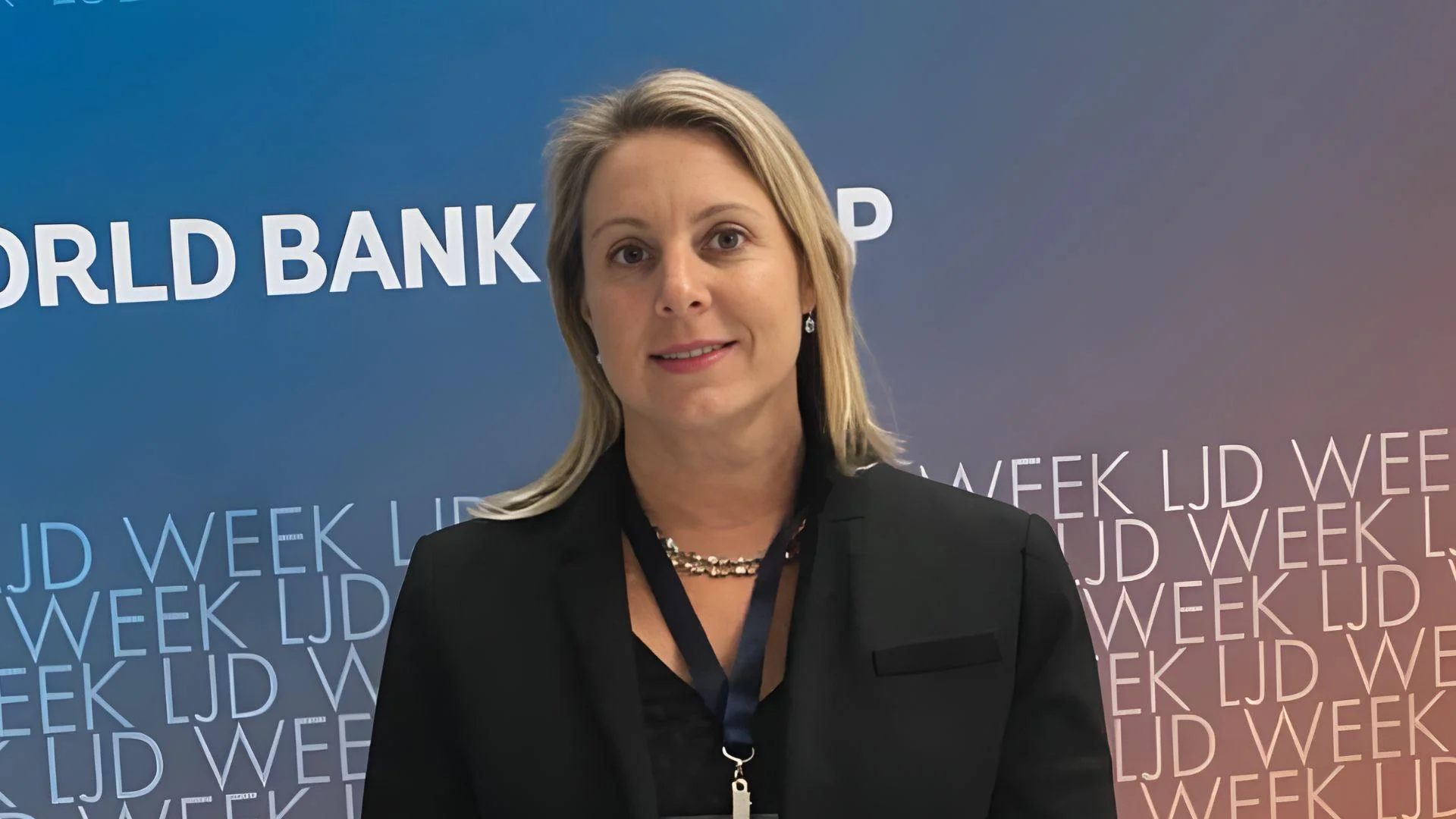Cryptocurrency usage is rising across Central Asia, though adoption varies by country. KPMG reports that Uzbekistan recorded over $1 billion in licensed crypto transactions in 2023, with more than 500,000 users, while Kazakhstan had roughly 8% of its population holding crypto assets as of 2024. These figures highlight both retail and institutional interest in digital assets, driven by government-supported licensing systems and regulatory sandboxes. Meanwhile, Kyrgyzstan remains less developed but is drafting legislation to support future growth.
Compared to Uzbekistan and Kazakhstan, Kyrgyzstan’s crypto market remains smaller and less formalized. Eurasianet reported that Kyrgyzstan ranked 76th globally in crypto adoption in 2023, while Kazakhstan ranked 57th and projected $101 million in market revenue by 2025 according to Euractiv. Uzbekistan has also introduced clear licensing for exchanges and recently allowed limited mining operations. These disparities suggest that Kyrgyzstan is still in early stages of building regulatory infrastructure and investor confidence.
According to Forbes, Changpeng Zhao is recognized as a visionary entrepreneur who founded Binance in 2017 and quickly grew it into the world’s largest cryptocurrency exchange by trading volume. He is widely acknowledged for his leadership in advancing blockchain technology and promoting financial inclusion globally, making him one of the most influential figures in the crypto industry. Zhao's innovative strategies and commitment to expanding crypto accessibility have earned him a reputation as a pioneer in digital finance.
Binance was founded by Changpeng Zhao and Yi He in 2017 and has grown into the world’s largest cryptocurrency exchange by trading volume. As detailed on Binance’s official blog, the company operates in over 100 countries and employs thousands worldwide with a decentralized structure without formal headquarters. Its mission is to increase global access to financial services through blockchain technology, partnering with governments—including Kyrgyzstan—to pilot digital currency programs and regulatory frameworks.





































 Alerts Sign-up
Alerts Sign-up